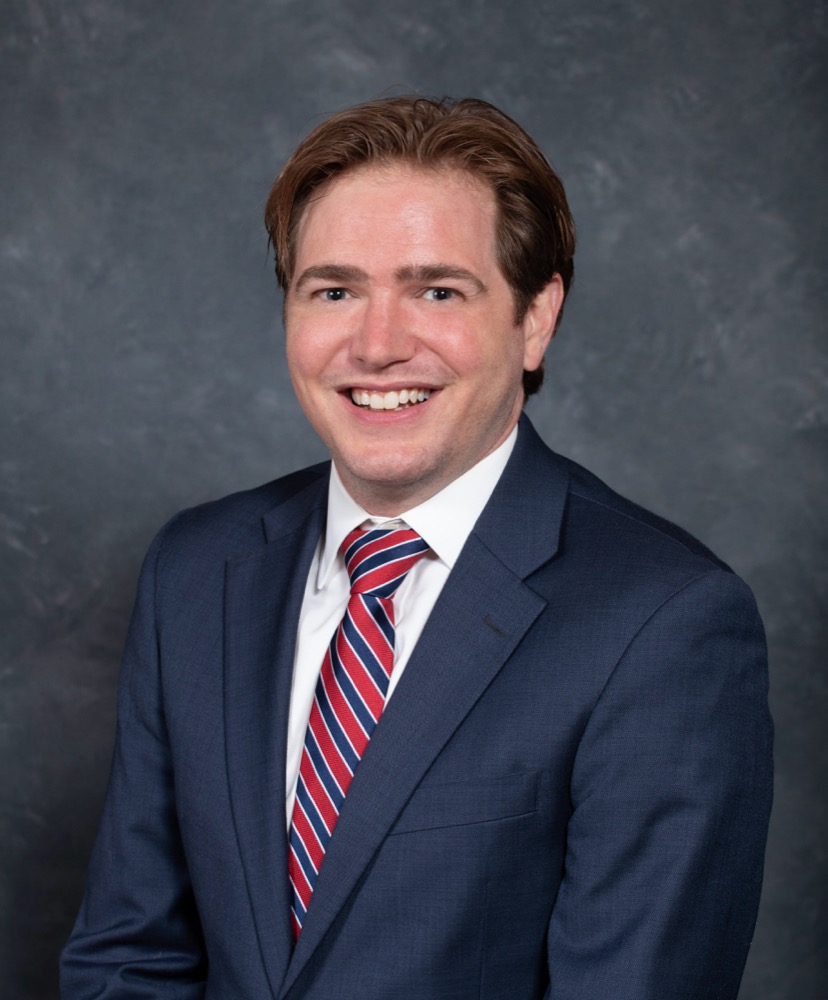Supreme Court Decision Offers Hope for New York Landlords
August 16, 2021
In a case that offers a glimmer of hope for New York landlords struggling to hold onto rental properties in the wake of COVID-19, the Supreme Court on Thursday struck down a segment of New York’s eviction moratorium.
Many landlords have received no rent since the pandemic took hold in March 2020. In late 2020, Gov. Cuomo signed into law the COVID-19 Emergency Eviction and Foreclosure Prevention Act of 2020. The Act effectively barred landlords from evicting tenants regardless of how far in arrears they fell on rent.
Barring another extension from Albany, the eviction moratorium will remain in place until the end of August. In an effort to end the ban, a group of landlords filed an emergency appeal, and it is that action that led to Thursday’s ruling.
While the court ruling is seen as a victory for landlords, and rightfully so, it is a small one. Under the COVID-19 Emergency Eviction and Foreclosure Prevention Act of 2020, tenants were allowed to claim a financial hardship without having to really prove anything. This is the element of the New York Act that the Court took exception to.
The Plaintiffs in the case successfully argued that tenants should be required to show proof before the court of a financial hardship in order to be shielded from possible eviction under the law.
The Court, by a vote of 6-3, ruled that allowing a tenant to self-certify his or her financial hardship, “violates the Court’s longstanding teaching that ordinarily ‘no man can be a judge in his own case’ consistent with the due process clause.”
So what does the Supreme Court decision mean for landlords and tenants? The most important thing for landlords to remember is that this ruling does not suddenly open the floodgates to resume evictions. There are still plenty of protections in place for tenants who are unable to pay their rent due to a financial hardship brought on by the pandemic.
There is the new federal ban on evictions, currently set to run through October (with an extension possible). Then there are the remaining protections found within the COVID-19 Emergency Eviction and Foreclosure Prevention Act of 2020.
Still, with more than 800,000 New Yorkers estimated to be behind in paying rent, the door is open, at least a crack, for landlords to compel tenants to provide proof of their financial hardship or face eviction.
There are still many variables facing landlords. New York State has a pot of roughly $2 billion earmarked to assist tenants in paying delinquent rent. There is also the uncertainty as to whether the New York eviction ban will expire in a few weeks, or once again be extended. Likewise, the federal ban implemented by the Obama Administration is facing its own legal challenges.
We work closely with our landlord clients to strike a balance as they navigate these largely uncharted waters. Some have been able to establish strong communication with their tenants and find common ground. Others have been successful with county, state and federal programs reimbursing them for lost rent. Still others are calling and asking if they can finally begin eviction proceedings against tenants, some of whom haven’t paid rent in well over a year.
If you find yourself in a similar situation, our real estate team is here to help. We have studied the ever-changing rules and regulations, we have worked closely with our existing clients, and we are available to offer our counsel and strategy to guide you toward your goals.
Trevor M. Torcello is a shareholder of Gross Shuman P.C. who focuses his practice in the areas of commercial real estate, business transactions, agribusiness and working with emerging businesses. He has extensive experience representing various parties in complex business transactions. He can be reached at 716.854.4300 ext. 227 or [email protected].


